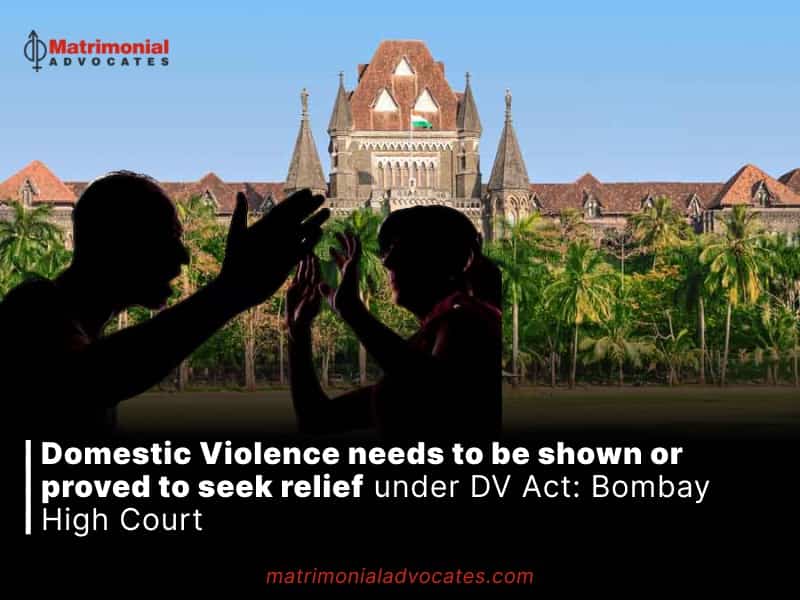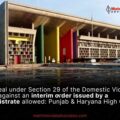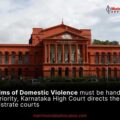
Justice S.G. Mehare’s bench heard a petition that challenged the ruling of the Additional Sessions Judge. The case involved a wife who had filed for divorce from her husband, citing cruelty and desertion, but her petition was dismissed. She also lost her appeal against the decision. Subsequently, the husband filed a complaint seeking custody of their children, but it was returned for lack of jurisdiction. The husband did not make an application in the appropriate court.
In 2006, the wife filed a petition for child maintenance under Section 20 of the Hindu Adoption and Maintenance Act, which was granted. The husband complied with the order and paid maintenance for the children. Later, the wife filed a petition for an increase in the maintenance amount, which was also granted, and the husband accepted the decision.
In 2015, the wife filed another petition under Section 18 of the Hindu Adoption and Maintenance Act, which was partly granted. However, the order was challenged, and the District Court overturned it.
In 2014, the wife filed a case under the Protection of Women from Domestic Violence Act. The Judicial Magistrate First Class dismissed her petition based on the evidence presented by both parties. Unsatisfied with the decision, the wife filed an appeal. The Sessions Judge reviewed the case and granted the wife maintenance of Rs. 3,000 per month and a monthly house rent of Rs. 3,000.
The bench had to determine whether or not it was necessary to challenge the ruling made by the Additional Sessions Judge.
The High Court observed that the Additional Sessions Judge had made a mistake by not providing any reasons for disregarding the detailed order passed by the Magistrate. The Additional Sessions Judge had also made an erroneous statement without providing any explanation that the Magistrate had not properly evaluated the evidence. Moreover, the Additional Sessions Judge had provided only a single-line justification that was inadequate for a senior judge.
It seems that the Additional Sessions Judge did not follow the proper guidelines for writing a judgment in an appeal. In contrast, the Magistrate provided a thorough discussion of the facts, carefully considering each piece of evidence presented. The Magistrate also took into account the relevant laws pertaining to domestic violence and the rights of the aggrieved parties under the D.V. Act.
The bench declared that in order to seek relief under the D.V. Act, the aggrieved individual must demonstrate or establish that domestic violence has occurred. Domestic violence is an essential requirement for considering an application under the D.V. Act. In this case, the wife has been living separately from her husband since 2005, and has not previously claimed maintenance through either legal means or her own petition. She is currently receiving interim maintenance of Rs.1,000/- in the husband’s divorce petition, which is still pending.
The High Court expressed its view that the Magistrate’s order, which found that the wife had failed to prove domestic violence, was well-reasoned and based on correct findings. However, the Additional Sessions Judge had seemingly failed to thoroughly examine the records, adhere to the rules for evaluating evidence, and had mechanically issued the challenged order. Therefore, the impugned order was deemed illegal, improper, and incorrect, and had to be invalidated. Based on these reasons, the bench granted the revision application.
Source: https://lawtrend.in/to-seek-relief-under-dv-act-the-aggrieved-person-has-to-prove-or-prima-facie-show-that-there-was-domestic-violence-bombay-hc/





